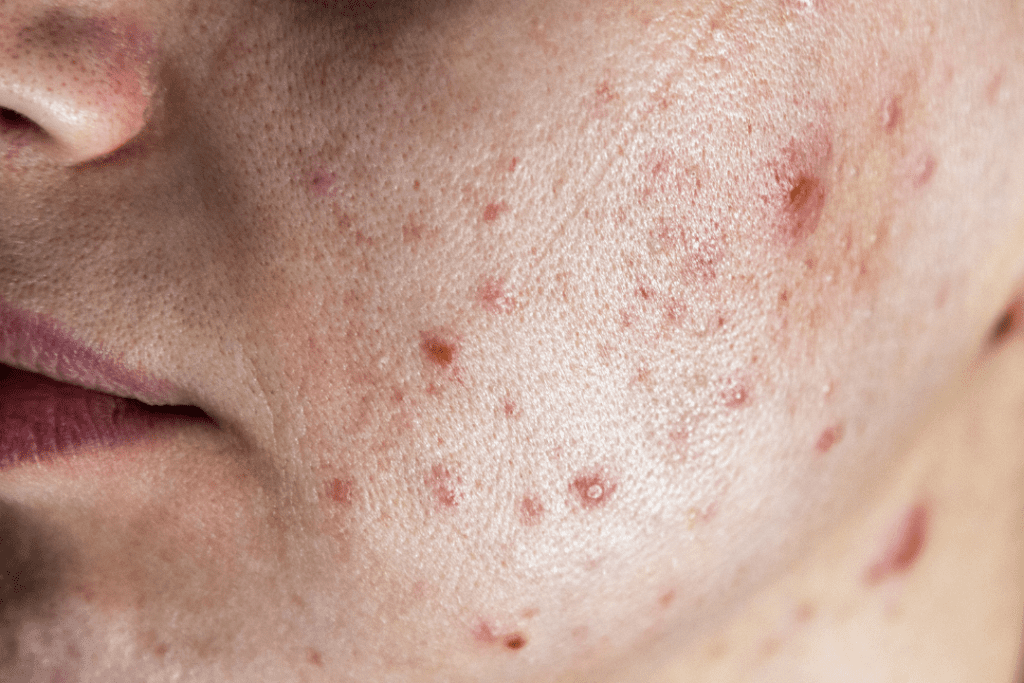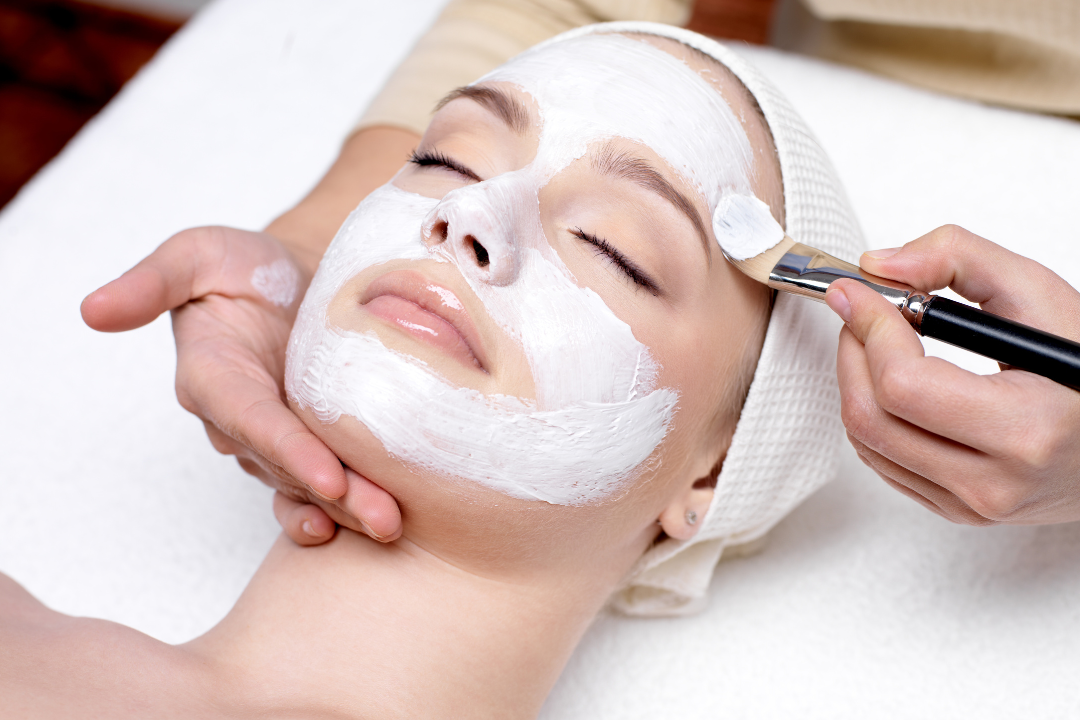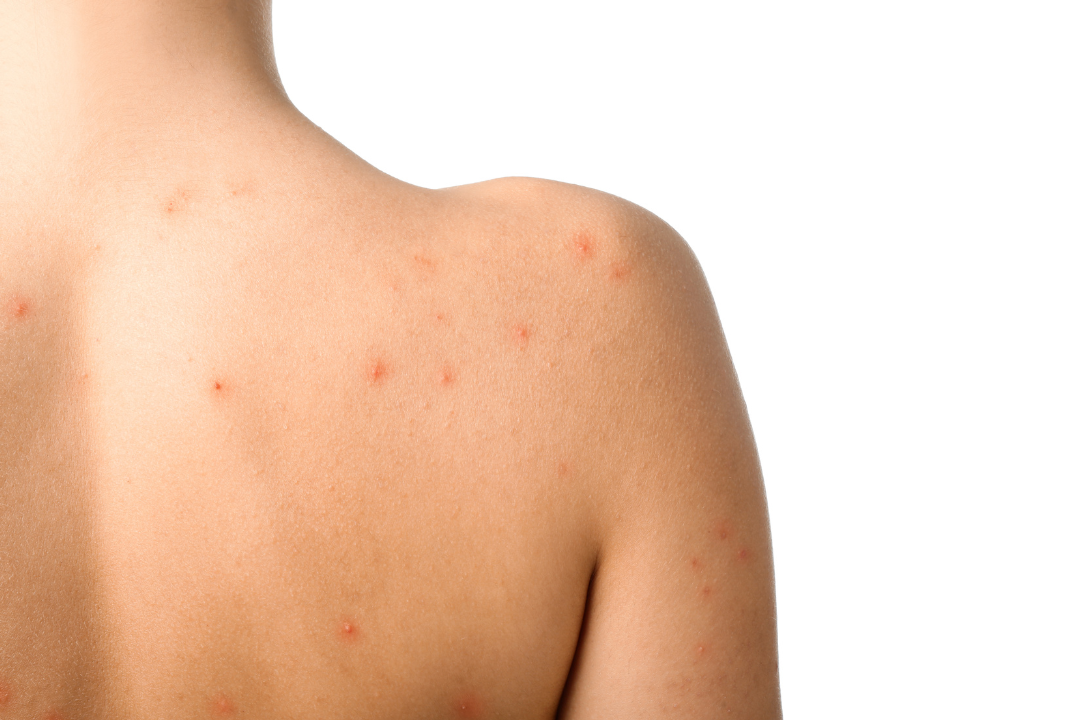Your skin is your body’s first line of defense against the outside world. But what happens when this essential barrier gets damaged? At OasisMD, we’re dedicated to helping you understand and repair your skin barrier for healthier, more resilient skin. Here’s everything you need to know.
What is the Skin Barrier?
The skin barrier, also known as the stratum corneum, is the outermost layer of your skin. It’s made up of skin cells and lipids that work together to keep moisture in and harmful elements out. A healthy skin barrier protects against pollutants, bacteria, and UV rays, and keeps your skin hydrated.
Signs of a Damaged Skin Barrier
Recognizing a damaged skin barrier is crucial for taking timely action. Here are some common signs:
- Dryness and flakiness: Your skin feels tight and lacks moisture.
- Redness and inflammation: Persistent redness, irritation, and sensitivity.
- Breakouts and infections: Increased acne and susceptibility to infections.
- Itching and discomfort: Persistent itching and a burning sensation.
If you notice any of these symptoms, it’s time to consider repairing your skin barrier.
Common Causes of a Damaged Skin Barrier
Understanding what causes skin barrier damage can help prevent it in the future. Here are some common culprits:
- Over-exfoliation: Using harsh scrubs or acids too frequently can strip away the protective layer of the skin.
- Harsh skincare products: Products with alcohol, fragrances, or sulfates can disrupt the skin’s natural balance.
- Environmental factors: Extreme weather conditions, pollution, and UV exposure can all contribute to barrier damage.
- Lack of hydration: Not drinking enough water or using inadequate moisturizers can leave your skin dry and vulnerable.
How to Repair a Damaged Skin Barrier
At OasisMD, we recommend a multi-faceted approach to repair your skin barrier. Here’s how:
1. Use Gentle Cleansers
Avoid harsh soaps and opt for gentle, pH-balanced cleansers that cleanse without stripping your skin of its natural oils. Look for cleansers that are free from sulfates and fragrances to minimize irritation.
2. Moisturize Regularly
Hydration is key to repairing your skin barrier. Use moisturizers containing ceramides, hyaluronic acid, and glycerin to lock in moisture and strengthen the barrier. Apply moisturizer immediately after cleansing to help seal in moisture.
3. Incorporate Skin Barrier-Repairing Ingredients
Look for products with niacinamide, panthenol, and fatty acids. These ingredients help to rebuild the skin’s natural barrier and improve its function. Niacinamide, in particular, is known for its anti-inflammatory properties and ability to strengthen the skin barrier.
4. Avoid Over-Exfoliation
Exfoliate no more than once or twice a week with gentle exfoliants like lactic acid or enzyme-based products to avoid further damage. Over-exfoliating can strip the skin of essential oils and disrupt the barrier function.
5. Protect Your Skin from UV Rays
Always wear broad-spectrum sunscreen with at least SPF 30. UV damage can weaken your skin barrier, so daily sun protection is essential. Reapply sunscreen every two hours when exposed to sunlight for prolonged periods.
6. Stay Hydrated
Drink plenty of water throughout the day to keep your skin hydrated from the inside out. Proper hydration supports the skin’s natural moisture balance and barrier function.
The Role of Diet in Skin Barrier Health
Your diet plays a significant role in maintaining a healthy skin barrier. Here are some dietary tips to consider:
- Increase omega-3 fatty acids: Found in fish, flaxseeds, and walnuts, these can help maintain your skin’s lipid barrier. Omega-3s are known for their anti-inflammatory properties and ability to support skin health.
- Eat antioxidant-rich foods: Berries, leafy greens, and nuts help protect your skin from oxidative stress. Antioxidants neutralize free radicals that can damage skin cells and weaken the barrier.
- Stay hydrated: Drink at least 8 glasses of water a day to keep your skin hydrated. Proper hydration helps maintain the skin’s elasticity and barrier function.
Professional Treatments for a Damaged Skin Barrier
At OasisMD, we offer advanced treatments to help repair and strengthen your skin barrier:
1. Hydrafacial
This non-invasive treatment cleanses, exfoliates, and hydrates your skin, improving barrier function and overall skin health. The Hydrafacial procedure infuses the skin with hydrating serums, leaving it refreshed and rejuvenated.
2. Microneedling
Microneedling stimulates collagen production and helps in the regeneration of a healthy skin barrier. This treatment involves creating tiny punctures in the skin to trigger the body’s natural healing process, promoting the production of collagen and elastin.
3. LED Light Therapy
LED therapy can reduce inflammation, promote healing, and strengthen the skin barrier. Different wavelengths of light are used to target various skin concerns, such as redness, acne, and signs of aging.
How OasisMD Can Help
At OasisMD, we’re committed to your skin health. Our team of experts can assess your skin barrier condition and recommend personalized treatments and products. We understand that every skin type is unique, and we tailor our approach to meet your specific needs.
Final Thoughts
Repairing a damaged skin barrier takes time and dedication, but with the right approach, you can restore your skin’s health and resilience. At OasisMD, we provide the expertise and care needed to help you achieve optimal skin health. Don’t let a damaged skin barrier hold you back—take the first step towards healthier skin today.
Remember: Consistency is key. With the right care and professional guidance, you can rebuild and maintain a strong, healthy skin barrier. Contact us at OasisMD for all your skincare needs.
Stay radiant, stay healthy!
Contact Us
For more information or to book a consultation, contact OasisMD at:
- Phone: 604 630 3833
- Email: info@oasismd.ca
- Address: 8138 Granville Street, Vancouver, BC



